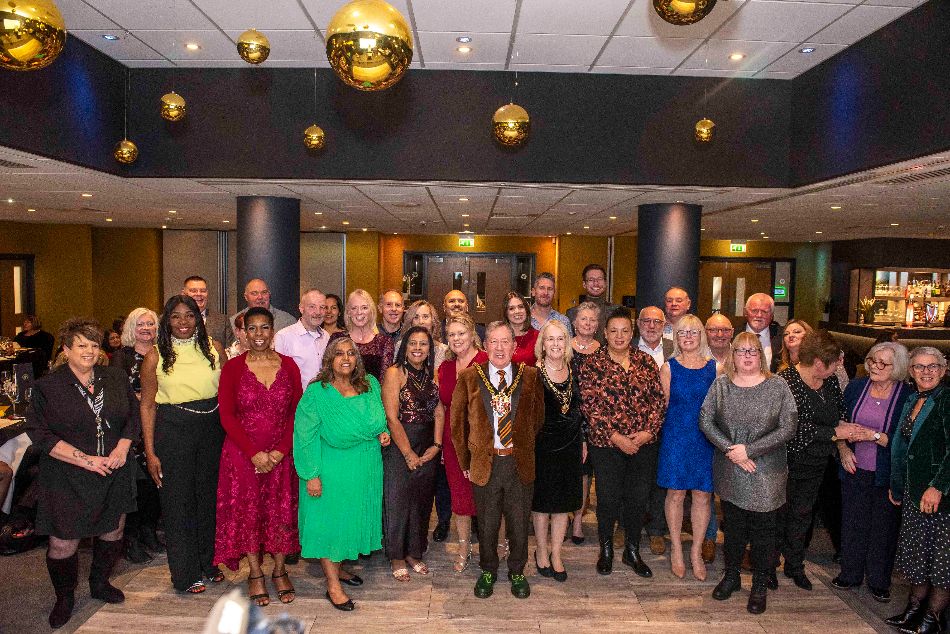One in four foster children in the West Midlands (over 1,400) moves home two or more times a year (April 2014 to March 2015), a Freedom of Information request by charity Action for Children has revealed. Children and young people who regularly move between foster care homes are more likely to have poor social skills, reduced education outcomes and limited future employment prospects – impacting on their mental health and exacerbating any existing behavioural and emotional issues.
The charity is warning that too many children in foster care are still being disrupted by repeated moves to new homes, and has launched an appeal to find thousands of new foster carers to help provide the best homes for vulnerable children at the earliest possible opportunity.
Brigitte Gater, director of children’s services in the West Midlands, said: “For children in care, moving home is not just about leaving a house. It means leaving a family, friends, school and everything that’s familiar to start all over again.
“It is impossible to imagine the damage to a child or young person, who has already had the toughest start in life, to have to move several times a year until they find the right foster carer who will stick with them through thick and thin. We know of children as young as four who have had to move three times in less than a year before finding a stable family home.
“Sadly we know that it can be necessary to move children from their current foster homes as relationships between a carer and child can break down, especially for children who have faced the most traumatic experiences and find it hard to trust someone new. However, too many children in care are still facing instability in their lives. That’s why we urgently need more dedicated foster carers to help children and young people overcome trauma by helping them to love and trust again, feel safe, rebuild their sense of worth and belonging.”
Action for Children is looking for people across the West Midlands who can provide a secure and loving home to children who have experienced trauma and loss. Lots of people can foster; it doesn’t matter if you’re older, whether you own or rent your home, are single, co-habiting or married, male or female or in a heterosexual or same sex relationship, but you must have a spare room and the ability to stand alongside children and young people to help them recover. If you would like to find out more about being a foster carer visit actionforchildren.org.uk or call 0845 200 5162.
















